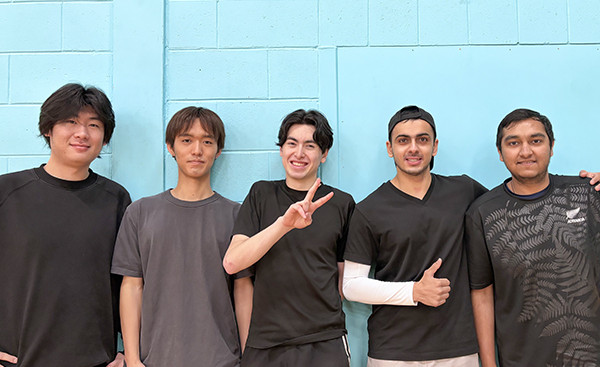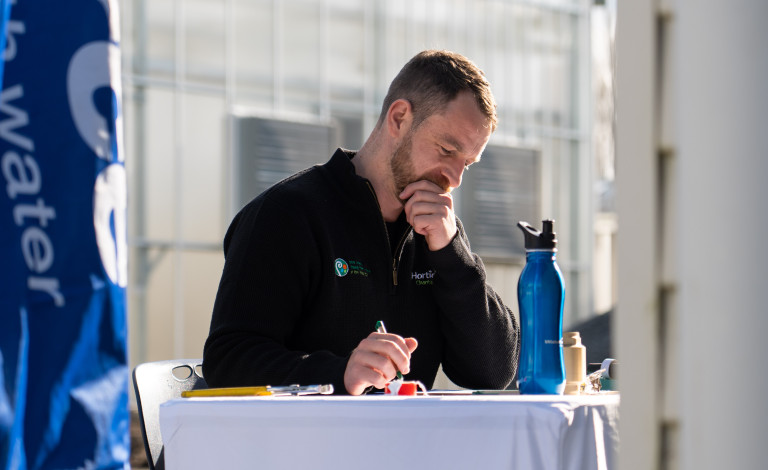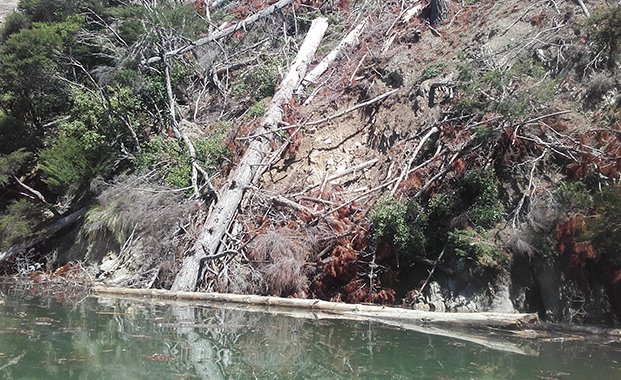Knowing her strengths key for 3MT master’s victor
23 September 2024 | News
“Public speaking has never been one of my strengths. It was my worst grade in high school.”
That would put quite a few people off signing up for Lincoln’s Three Minute Thesis (3MT) competition, but not Marion Dumaine. Instead, she saw it as an opportunity to better herself.
The Soil and Physical Sciences Master’s student ended up winning the prize for best master’s student presentation. The competition challenges postgraduate students to explain their research and its impacts in just three minutes, forcing them to simplify their work for a general audience.
Marion spent the months leading up to the competition attending meetings with the Liffey Toastmasters, editing her speech and refining her presentation skills.
“I’ve been trying to put myself in situations where I know I could learn from being uncomfortable,” she said.
“I knew it was good for me to learn more about public speaking.”
Marion knew what she was capable of, but also knew her strengths and weaknesses.
Instead of trying to steal the show, she focused on having a strong and tidy structure to her presentation, which was about reducing the rate of iron sulphate used to treat effluent in order to reduce the amount of phosphate leaching into waterways and the financial cost of the technology for farmers.
“There’s quite a lot of research carried out on nitrate already, so we focused on phosphate.”
Algae and other pollutive plants fed on nitrate, phosphate and carbon. Without all three they couldn’t proliferate.
“There’s so much nitrate in waterways already, so when too much phosphate is added to waterways it immediately causes problems like algal blooms.”
Marion’s research was a success, showing the iron sulphate rate could be reduced without compromising production efficiency.
“It’s a win for both farmers and the environment.
“There’s a lot more regulations coming in place in terms of water quality. Soon farmers will have to say what they’re doing to reduce their nutrient leaching.”
It would also be much cheaper for farmers, who could spend less on fertilising.
Being able to explain the benefits was important for making sure others could understand it, which meant she needed to be able to speak about her work in a simple and concise way,
"I knew I didn’t have a strong catchline, and I’m not good at making jokes to catch people’s attention.
“I thought if I structured it well then that would be easy for people to follow. I know that’s how I understand a speech better.”
Marion plans to finish her studies in November and hopes to use her education to continue working with environmental science in Canterbury.
“I want to work somewhere that’s contributing to something that’s similar to my research, taking care of the environment and our natural resources.”


